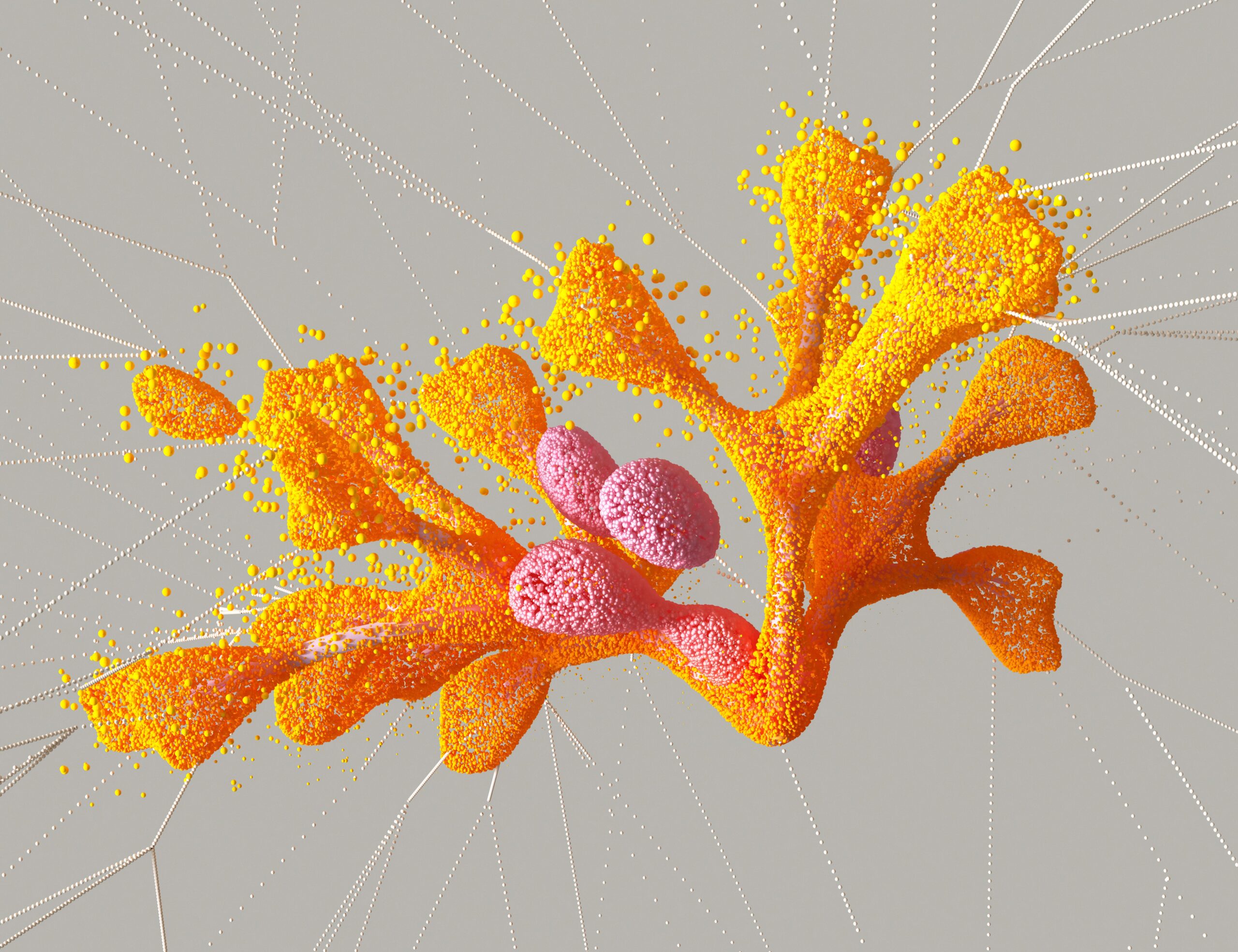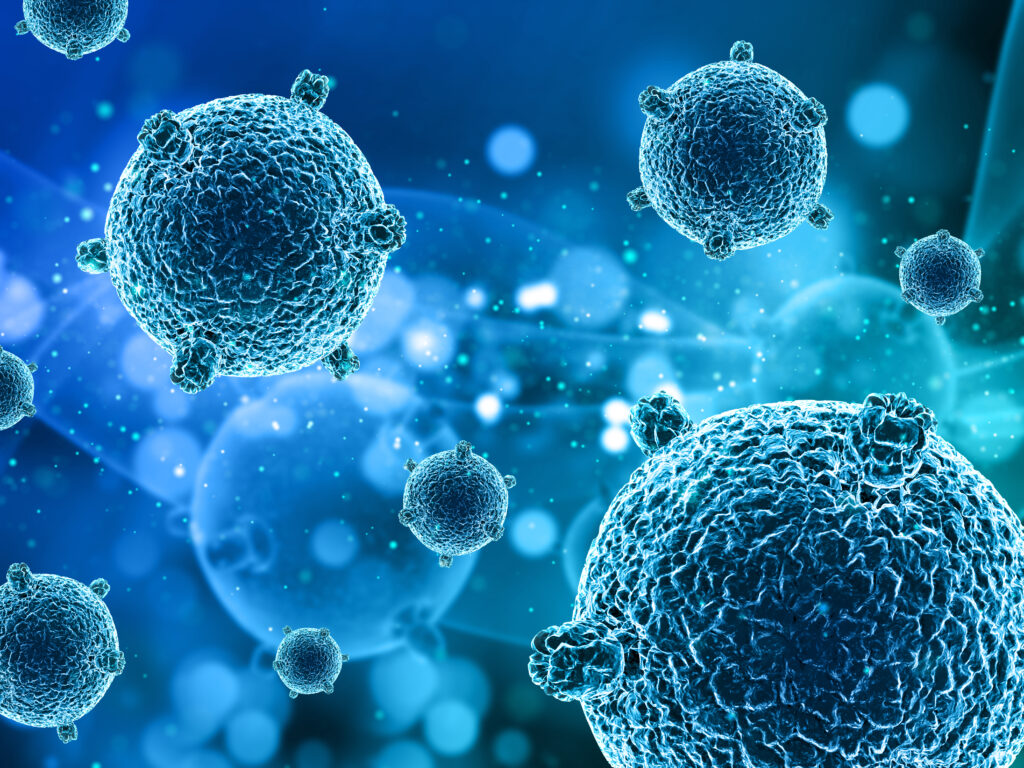In the enchantingly plastic landscape of scientific discovery, there is a powerful synergy between nature’s blueprints and human ingenuity—a symphony called synthetic biology. This nascent discipline like an artistic canvas where biology meets engineering beckons us into a world of boundless possibility. Today, the manipulation of DNA strands, orchestration of microscopic organisms, and building of novel biological systems have become the building blocks of a future we are now only just beginning to imagine.
As the sun rises on a new chapter of scientific exploration, it is thrilling and important to unfold the developing trends that are not merely shaping synthetic biology but rather the very trajectory of innovation itself. These trends have the power to revolutionize fields like medicine, energy, agriculture, and our environmental practices. This blog post will explore these trends in depth, navigating through exciting new discoveries, ethical considerations, and unexplored territories. Join us on this illuminating expedition as we uncover the path ahead.
Benefits of Developing Trends in Synthetic Biology:
1. Clinical advances: Biotechnology is transforming healthcare by enabling new therapeutic solutions. One promising area is the creation of biological or molecular targeted drug delivery systems. Scientists are engineering microorganisms to produce therapeutics in the body, providing local treatments for diseases such as cancer. This specific route of administration reduces side effects and improves the overall effectiveness of treatments.
2. Biofuel Production: Scientists and researchers are actively working on finding new ways to meet the growing demand for clean and sustainable energy. One such avenue being explored is continuous biofuel production. This process involves the development of microorganisms that can effectively convert organic matter into biofuels like bioethanol and biodiesel. By using these alternative fuels, we can reduce our reliance on fossil fuels while also minimizing the environmental impact commonly associated with traditional sources of energy.
3. Environmental Remediation: Synthetic biology has opened up new possibilities for tackling environmental cleanup. Scientists are harnessing the power of engineered microorganisms to specifically target and eliminate pollutants and contaminants found in soil, water, and air. These innovative synthetic organisms have the capability to break down harmful substances into harmless byproducts, presenting a sustainable solution for addressing environmental remediation and restoring ecological balance.
4. Agricultural Advancements: The agricultural sector benefits greatly from the application of synthetic biology. This innovative field enables us to enhance crop productivity and sustainability. By employing genetic modification and gene editing techniques, we can engineer crops to be more resilient against pests, diseases, and environmental stressors. This trend has immense potential in contributing to global food security while simultaneously reducing reliance on harmful pesticides and fertilizers.
5. Customized Bioproduction: The conventional methods used to produce valuable compounds like pharmaceuticals and industrial chemicals typically involve resource-intensive processes. However, the field of synthetic biology is now making it possible to create customized microorganisms that can efficiently produce these compounds in controlled environments. This advancement not only simplifies production processes but also reduces waste and lowers overall production costs.
6. Ethical and Regulatory Considerations: As synthetic biology progresses, it becomes crucial to establish ethical and regulatory frameworks. This helps ensure the responsible utilization of synthetic organisms and technologies. Guidelines are being developed to address concerns regarding biosafety, biosecurity, and potential unintended outcomes.
Challenges of Developing Trends in Synthetic Biology: Navigating Complexity and Ethics:
As synthetic biology advances towards groundbreaking discoveries, it faces numerous challenges that require innovative solutions and thoughtful deliberation. The complexity of biological systems, with their unpredictable nature, presents a significant hurdle. Unlike traditional engineering, the emergent properties of biology defy precise prediction, making advanced modeling essential to deepen our comprehension and improve our ability to manipulate these systems effectively.
Creating a cohesive toolbox of biological components requires standardization and modularization, which presents its own challenges. The variability in genetic sequences and context-dependent behavior adds complexity to the development of universally applicable building blocks. To enable seamless collaboration and genetic information exchange, it is crucial to establish standardized protocols for genetic integration across diverse organisms.
Ensuring biosafety and biosecurity is of utmost importance. The possibility of accidentally releasing engineered organisms into the environment raises ethical and regulatory concerns, which calls for strong containment measures and thorough risk assessments. Additionally, the potential misuse of synthetic biology for harmful intentions underlines the need for strict regulations and responsible practices to prevent unintended repercussions.
As we gain unprecedented control over the essence of life through synthetic biology, ethical considerations become increasingly significant. The ability to edit genomes and create organisms raises profound questions about the boundaries of intervention, potential consequences, and the responsibilities we bear for future generations. Striking a careful balance between innovation and ethical contemplation is pivotal in guiding the evolution of synthetic biology. The way people perceive and embrace synthetic biology, as well as policymakers, play a significant role in determining its path. It is essential to address misinformation and encourage informed discussions to bridge the gap between transformative possibilities of synthetic biology and the valid concerns associated with it. Effective communication and education are crucial in fostering a collective understanding that supports responsible progress.
Conclusion
The field of synthetic biology is experiencing exciting advancements that are transforming scientific discovery and technological innovation. From developing personalized treatments for complex diseases to tackling environmental issues and revolutionizing industrial processes, the possibilities of synthetic biology are limitless. However, it’s crucial to strike a balance between innovation and ethical concerns as these trends progress. Collaboration among scientists, policymakers, and the public is essential to fully harness the potential of synthetic biology while ensuring its responsible and safe implementation.
In a future that demands scientific solutions to unprecedented challenges, synthetic biology emerges as a hopeful prospect. Through ongoing research and development, this field has the potential to revolutionize our world by providing sustainable solutions to complex problems and pushing the boundaries of what is achievable at the convergence of biology and engineering. As we move ahead, embracing these developments with responsibility and curiosity will pave the way for a brighter and promising future for all of humanity.



